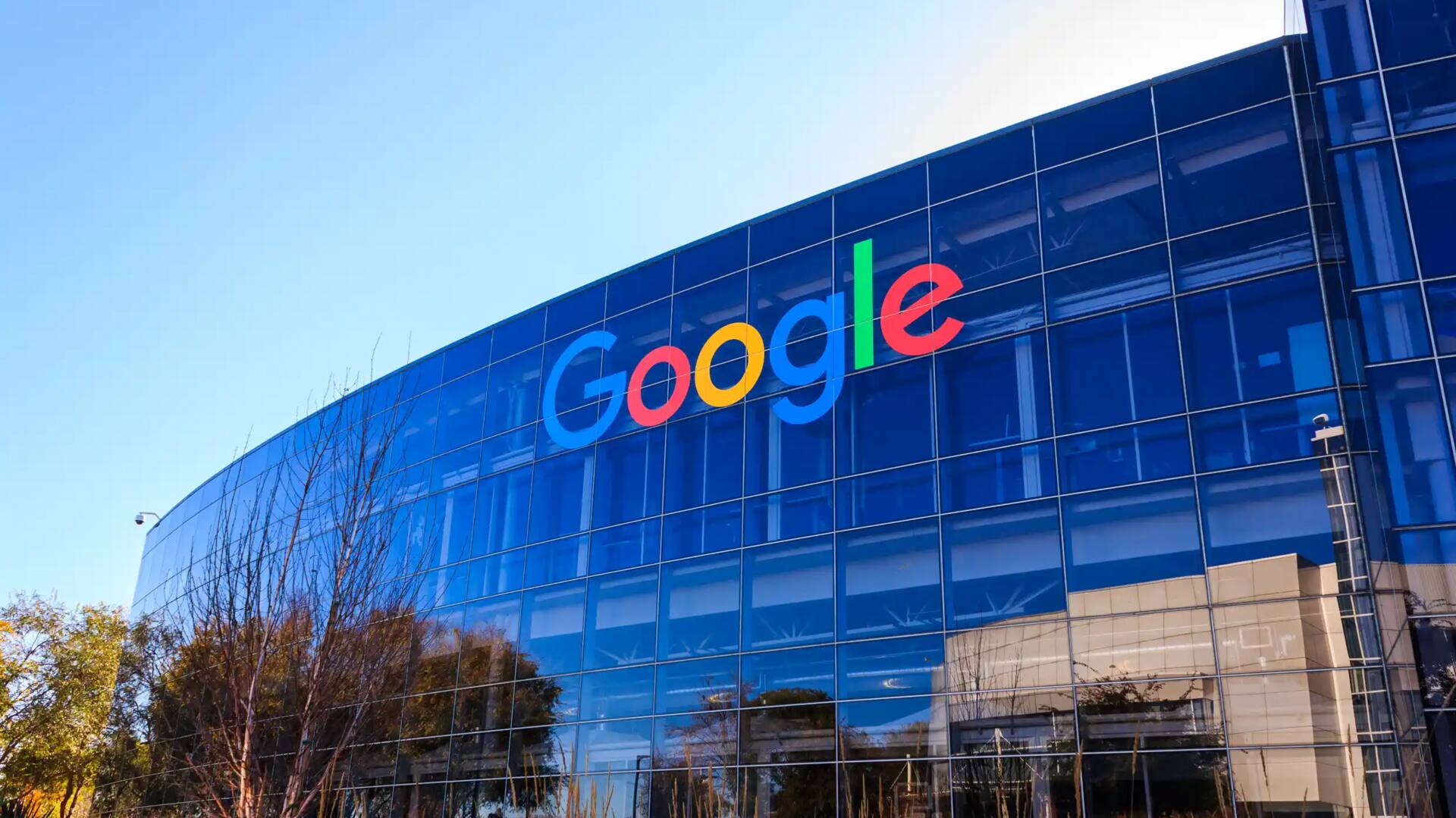
Google's war on ad blockers intensifies with Manifest V3
What's the story
Google is stepping up its battle against ad blockers. As YouTube has found ways to block ad blockers, Chrome is now preparing to launch the ad block-limiting Manifest V3 extension platform in June 2024. This move will provide YouTube and Chrome with a significant edge over ad blockers, making it challenging for extension developers to adapt to changes in ad delivery systems quickly. Manifest V3 is set to place some roadblocks before extension updates.
Details
Manifest V3's impact on Chrome extension platform
The upcoming Manifest V3 will bring significant changes to the Chrome extension platform, replacing the powerful WebRequest API used by ad blockers with a more limited filtering API. The new declarativeNetRequest API will impose arbitrary limits on the number of filtering rules and limit the effectiveness of individual rules. The goal of this change is to give Google more control over the ad-blocking process.
More
Slowing down ad block rule updates
Today, ad blockers and privacy apps can themselves ship filter list updates, often using large open-source community lists. Manifest V3 will stop this by restricting what Google calls "remotely hosted code." It will require all updates, even harmless ones like filtering lists, to undergo full extension updates through the Chrome Web Store, where they will be subject to a review process, which involves a considerable time delay.
Insights
Firefox's stance on Manifest V3
Although Firefox must also support Manifest V3 extensions to counter Chrome's popularity, it will not discontinue Manifest V2 support anytime soon. Firefox's implementation of Manifest V3 will not include the filtering limitations found in Chrome's version. Its parent, Mozilla, has assured users that they can still access "effective privacy tools like uBlock Origin and other content-blocking and privacy-preserving extensions."
About
Manifest V2 has been around for over 10 years
Manifest V2 has existed for more than a decade, providing significant power by granting extensions complete control over filtering the web browser's traffic. While this capability is excellent for safeguarding privacy, enhancing web speed, and blocking ads, it also entails the possibility of downloading a browser from the largest advertising company globally—Google—and utilizing it to block ads in turn. So, this situation was inevitably bound to end someday.
Facts
Concerns over Manifest V3's impact on privacy
Google asserted that Manifest V3 will enhance browser "privacy, security, and performance," but organizations like the Electronic Frontier Foundation (EFF) and Mozilla have challenged this claim. The EFF has labeled Google's Manifest V3 communication as "deceitful and threatening," while both the duo has criticized the majority of Google's user-focused justifications for this project. Ad blocker Ghostery cautioned, "Nothing Manifest V3 introduces in its current state can help protect privacy," while describing the project as "ultimately user hostile."